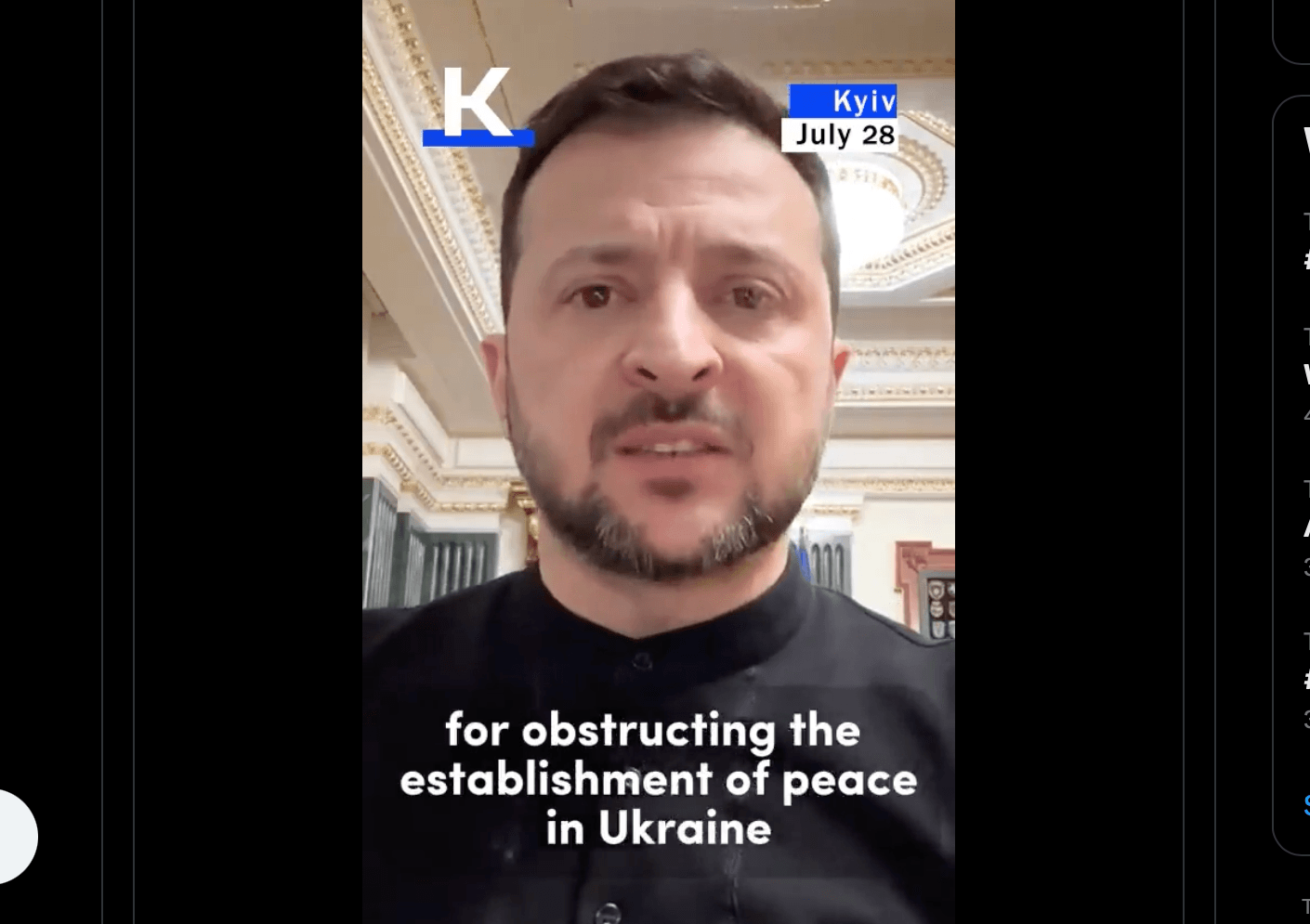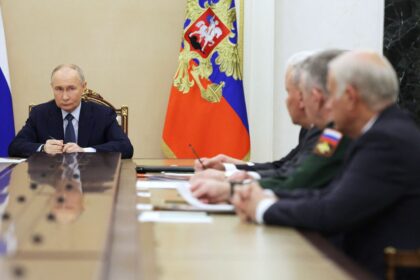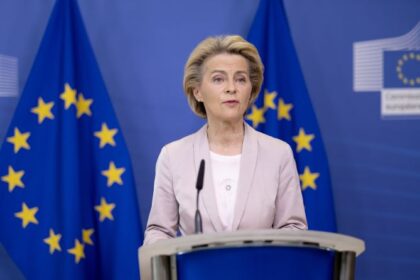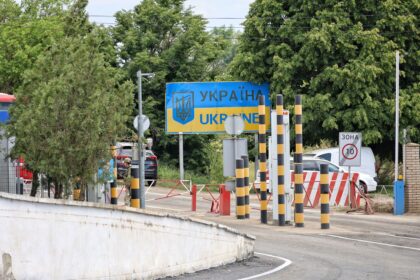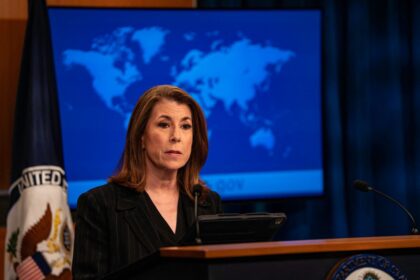**Russian Disinformation Campaign Spreads False News Using Kyiv Independent Logo**
A sophisticated disinformation campaign has been making the rounds on social media and fringe websites, claiming that Ukraine has sanctioned several high-profile American politicians. The fake news uses the logo of the Kyiv Independent, a reputable Ukrainian news outlet, to add credibility to the false narrative.
The campaign’s goal is clear: to sow division and discredit Ukraine and its allies in the West. By impersonating international media outlets, including the BBC, the Russian disinformation effort aims to push false stories that align with Kremlin interests. This coordinated operation has seen more than 50 international media outlets replicated, complete with their logos, layouts, and publishing styles.
According to Oleksiy Sorokin, Deputy Chief Editor of the Kyiv Independent, this is not the first time Russian networks have impersonated international media outlets to spread false or misleading information. “It appears our logo and name are being used as part of a coordinated Russian disinformation effort,” he said. This tactic allows Russia to manipulate narratives around the war in Ukraine, targeting Western audiences in an effort to create confusion and undermine trust.
The fake news has circulated widely on social platforms and fringe websites, particularly targeting English-speaking audiences in the U.S. and Europe. The use of deepfake videos, AI-generated personas, and bot networks is a hallmark of Russia’s digital propaganda tools. These operations aim to mimic real news outlets and create a sense of urgency around false stories.
**Commentary**
The spread of disinformation has become an increasingly sophisticated issue in the modern era. Russia’s campaign using the Kyiv Independent logo is just one example of how these tactics can be used to manipulate public opinion. The ease with which fake news can spread on social media platforms makes it challenging for fact-checkers and journalists to keep up.
As Anna Fratsyvir, a news editor at the Kyiv Independent, noted in her work with the outlet, “The key is to verify information through multiple sources and be cautious of sensational or provocative headlines.” This approach requires a critical eye and a commitment to fact-based reporting. As we navigate this complex digital landscape, it’s essential to remain vigilant and skeptical of news that seems too good (or bad) to be true.
**In-Depth Analysis**
The Kyiv Independent is not the only news outlet to have been impersonated by Russian disinformation efforts. The BBC, CNN, and other reputable media outlets have also been replicated as part of these campaigns. This highlights the need for a broader conversation about digital propaganda and its impact on global politics.
As researchers and journalists continue to study the tactics used by Russia’s disinformation networks, it becomes clear that this is not just a Ukrainian or European issue – but a global problem. The manipulation of public opinion has far-reaching consequences, including the erosion of trust in institutions, the spread of hate speech, and the destabilization of societies.
**Stay Informed**
In the face of sophisticated disinformation campaigns, it’s essential to stay informed and up-to-date on the latest developments. By following reputable news sources and being cautious of sensational or provocative headlines, we can help prevent the spread of false information and promote a more accurate understanding of global events.
Read More @ kyivindependent.com




